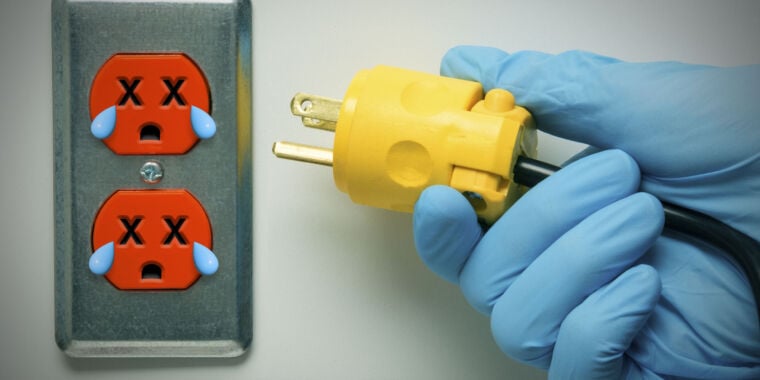- cross-posted to:
- technology@lemmy.world
- cross-posted to:
- technology@lemmy.world
This is the real reason I think high mileage batteries are important… I think most people don’t need 300 miles, but a battery that can do that can also be charged to 60% or 80% and charged before going below 20%, which should dramatically improve its life (saving the full capacity for the once in a while longer trips)
Tesla recommends (I think it’s the default?) limiting charging to 80% and when they drain as low as 20% they shut down to protect the battery. You’ll need to call a tow truck unless there’s a major emergency/evacuation, then they take advantage of the car’s cellular connection to unlock the last 20% and allow drivers to use the whole battery.
I don’t think the Volt did that. Maybe newer (and more expensive…) GM EVs do though.
when they drain as low as 20% they shut down to protect the battery
Haha what? No that is some serious misinformation. A Tesla might go into a slumber mode when parked for a while, this only means it takes a few seconds to start instead of the instant response if you parked for a short while. , but it will not shut down until sometime AFTER reaching 0%.
Also, there are now two types of batteries for Tesla cars.
The Tesla Model 3 RWD’s battery pack uses the LFP chemistry which Tesla recommends charging to 100% at least once per week. Tesla recommends setting the charge limit to 100% for daily use.
The Tesla Model 3 Long Range and Performance variants uses a different chemistry referred to as NMC. The Tesla Model Y owner’s manual recommends setting the charge limit to 90% for daily use. This will minimise degradation and preserve the longevity of the battery.


